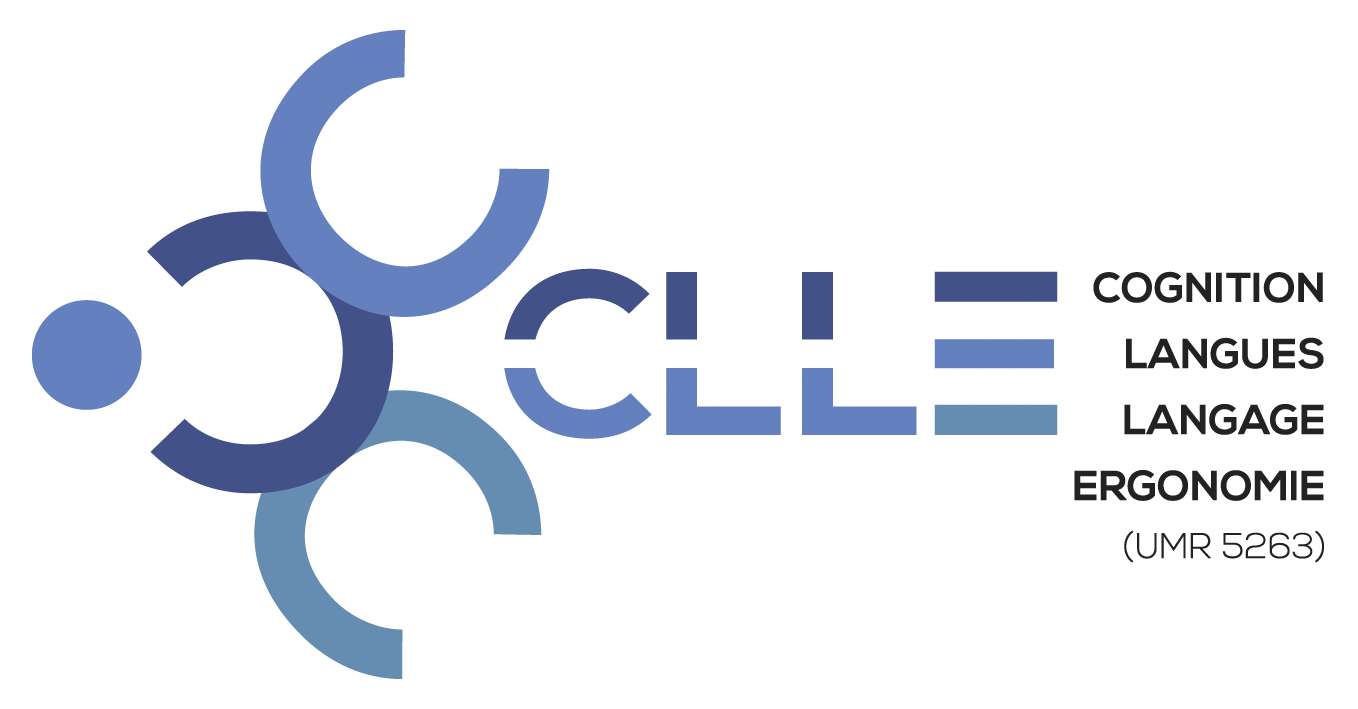-
Partager cette page
Use of digital devices in the classroom and reading comprehension
Publié le 20 octobre 2021 – Mis à jour le 3 novembre 2021
le 29 octobre 2021
10 h
D155 - MDR
Ladislao Salmerón - University of Valencia
Presentation : Concerns about the negative effects of digitalization in students’ reading comprehension, empirically backed by recent meta-analyses, question the efficacy of digital tools in the language arts classroom. By analyzing data from 4th and 8th grade US students from NAEP 2017, we aimed to test the generalization of the negative association between screens use and comprehension within language arts classrooms, and to identify teachers’ practices to support comprehension which could reduce such a relationship. Results revealed that even small daily amounts of use of digital devices (here, 30 minutes) were negatively related to comprehension. Nevertheless, teachers’ practices using digital tools such as drill and practice activities or reading projects barely minimized such negative relation. We discuss those results in light of our current understanding of the effects of digitalization in reading.
Short bio: Ladislao Salmerón is Professor at the Department of Developmental and Educational Psychology at the University of Valencia, Spain. He is also the director of the ERI Lectura, a research unit focused on the study of reading in its multiple facets. He did his PhD in cognitive psychology at the University of Granada, Spain. He was a Fulbright scholar at the Institute of Cognitive Science at the University of Colorado Boulder, USA. His research focuses on digital literacies in different populations.
https://www.uv.es/lasalgon/
Short bio: Ladislao Salmerón is Professor at the Department of Developmental and Educational Psychology at the University of Valencia, Spain. He is also the director of the ERI Lectura, a research unit focused on the study of reading in its multiple facets. He did his PhD in cognitive psychology at the University of Granada, Spain. He was a Fulbright scholar at the Institute of Cognitive Science at the University of Colorado Boulder, USA. His research focuses on digital literacies in different populations.
https://www.uv.es/lasalgon/





